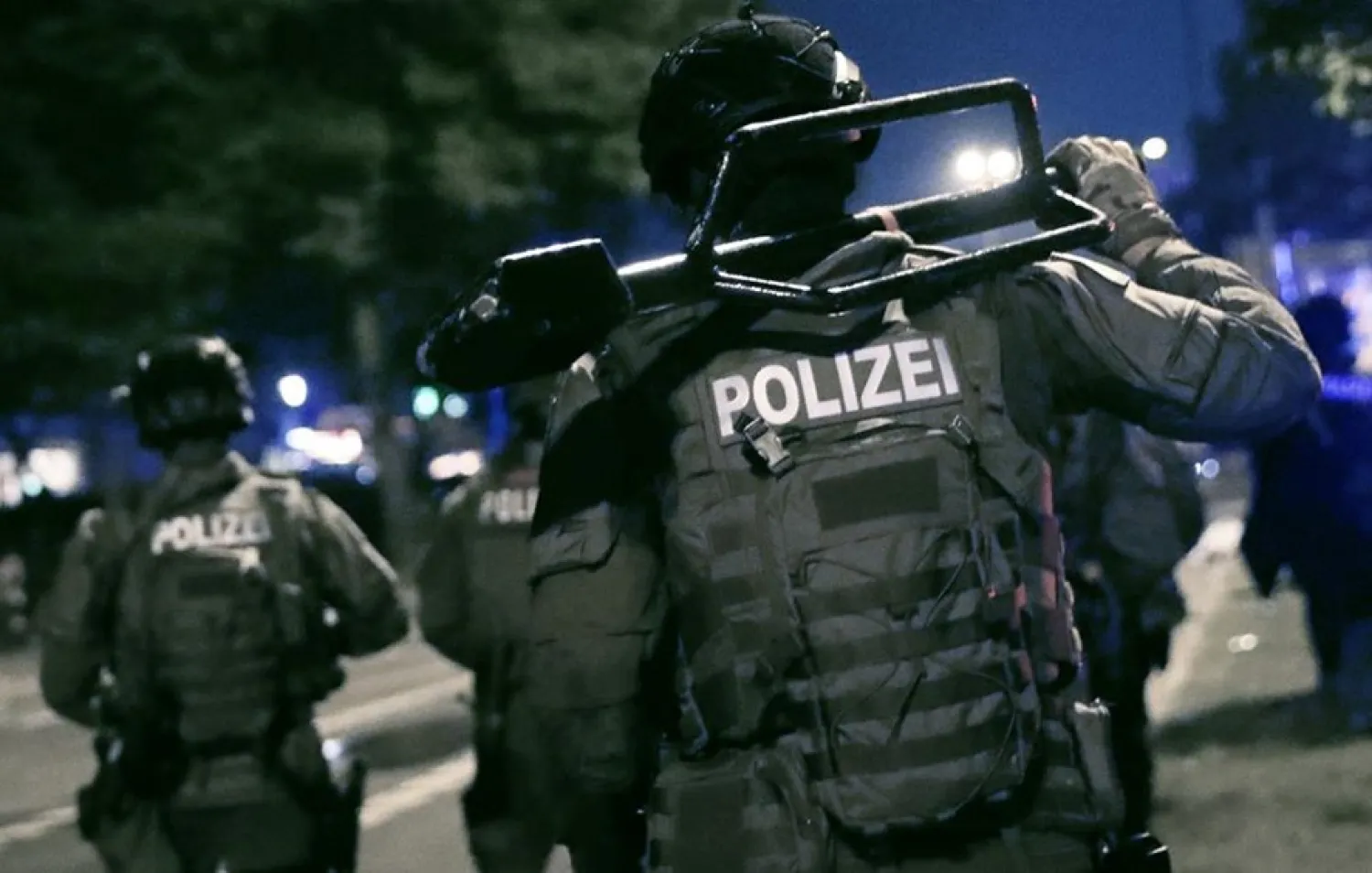A court in the German state of Saxony has issued a two-year prison sentence against Moroccan Abdulrahman D. on charges of membership of a terrorist group and planning to conduct violent acts that jeopardize state security.
Abdulrahman, 29, admitted in court in Zwickau that he had evaded German law enforcement using 23 fake identities from Morocco, Syria, Iraq and Algeria.
He added that he forged his date of birth seven times for the same purpose and that he was receiving social aid from several cities in Germany. Yet, he rejected to admit plotting for violent attacks in the country.
In a related matter, Germany issued an arrest warrant for a 32-year-old Tunisian, identified as Meher D., a suspected accomplice of the attacker who ploughed a truck in Berlin in 2016 and killed 12 people.
The daily Sueddeutsche Zeitung and TV channels NDR and WDR reported this on Friday. Meher D. instructed the attacker, Anis Amri, and pushed him to carry out the attack on Dec. 19, 2016.
Sources said that Meher D. might be living undercover in Libya. They believe that the suspect moved from the Tunisian capital to Libya and joined ISIS there.
In 2016, Meher D. received orders from the terrorist group to coordinate with Ameri in order to execute the terrorist attack in the German capital. The public prosecution is cooperating with the Tunisian and US security agencies to figure out his hideout.
Ameri, who was killed by two policemen in Italy, was keen to delete his calls and data from his mobile, however the investigators managed to restore a great number of his calls and storage on messenger. This data revealed that Ameri was tightly connected to a person called ‘Momo 1’, from outside Germany.









